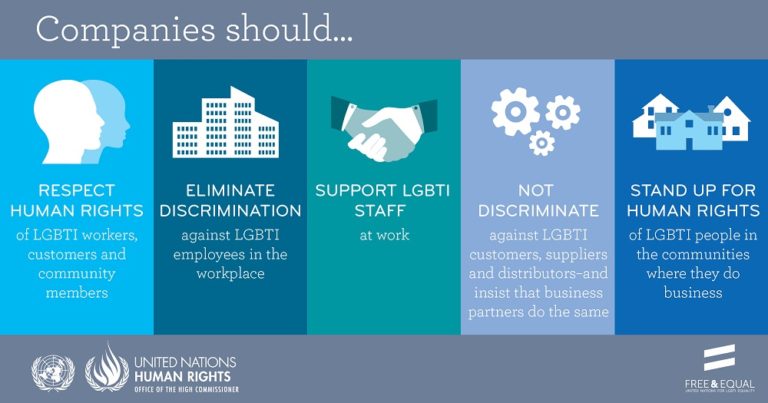Retailers, be scared. Retailers, be realistic. Retailers, be poised to know thy customer and apply technology wisely in store and beyond.
These statements resonated loud and clear at the Oct. 10 conference hosted in Dallas by the Center for Retailing Studies at Texas A&M. I was privileged to serve as a session moderator for a discussion about retailers being relevant in the digital age. Advice, perspectives and thoughtful directives were offered by audience members as well as two wonderful panelists: Steve Dennis, president of SageBerry Consulting and Guy Gonzales, district manager at Best Buy.
The room of about 100 people percolated with lively content centered on a recent survey conducted by Xerox and Retail Systems Research. Let me share the key discussion points most relevant to the retail executive:
The Ever-So-Smart, Ever-So-Showrooming Consumer. Retailers must acknowledge and act on the realities of today’s ever-connected consumer who shows up at the store, looks at product prices, then scours the smartphone for lower pricing or other value-added incentives. Dubbed showrooming, it’s a phenomena (and headache) for retailers. Or is it? Gonzales says Best Buy is turning showrooming to an advantage. “We know it’s real, it happens and we’ve got to hit it head on. That means our store personnel must know the products better than the consumer does. We need to present an experience that adds value to the consumer, who often prefers to make an immediate purchase. That means Best Buy store associates must be well trained to offer such experiences.”
Getting Physical and Going Digital. Mr. Dennis reiterated that brick-and-mortar (B&M) stores aren’t dead. The physical store plays an intrinsic role in the retailing world, despite doomsday analysis on the demise of B&M. “The store shopping experience cannot be replaced. It’s an incredible asset,” he said. “The key is to stop talking ‘channels,’ and start thinking how to make your store unique and fresh for consumers, and how to effectively sell those products.”
Silos Belong on Farms. This quip from Mr. Dennis hit the nail on the head. He said that most retailers have store associates working in silos. They’re not motivated to cross-sell or focus on the shopper. Often, there are inherent “dis-incentives” among associates and other store personnel, i.e., incentives vs. commissions and related company-specific cultural issues.” Brands like Nordstrom are winning precisely because their leadership began busting silos nearly a decade ago, well before a clear ROI could be calculated. And, increasingly, consumers are directing their loyalty to brands that engage in such efforts.”
Unless You’re Wal-Mart, The Price Strategy Kills. Both panelists agreed – as did attendees who commented on the issue – that a dominant retail strategy that focuses on price, is nothing more than a retail death knell. “It will take you nowhere but the bottom, there’s no way to win or get out,” said Dennis.
There was so much more that was shared, stated and debated. The ultimate take-away from the session was that retailers know something must be done to convert sales, engage shoppers and built loyalty. The question is how to do that, how to do it effectively, how to leverage and evaluate the right technologies, and how to engage store-level personnel.
In one word, retailers must focus on relevance.
– By Paul Wolf, director, Retail Services, Xerox



Thanks Paul for an interesting take. I manage for a retailer trying to make the in-store experience convert to the bottom line, and it still works. People may not realize, but they inherently want to discuss and have their purchases validated by an expert in the flesh. Consumers need to realize, they could be the death of B&M’s and would they be happy then? Where their only chose is the Wallymart? I hope people will realize, and create a movement to buy local, and support their own communities and real-estate values, it works for all of us in the long run!
We should patronize to buy local and support our own community. Great article thanks for sharing it.
B&M stores are in a unique position to engage their customers, earn their attention, and ultimately help their customers tell a story about how their products fit into the customers’ lives. It’s something that’s hard to do online when there’s limited engagement.
But when you have disinterested and disincentivized employees, a constantly changing strategy, and products that aren’t relevant, it’s a tough comeback.
The prior commenters have lofty ideals for supporting one’s own local retailers, which is all fine and good, but when the economy’s in the tank, and when the real earning power of many consumers is dwindling, they have to eke out every bit of value for every dollar they spend. Deciding between supporting a local business and having money to buy your child shoes is an easy one, and won’t go the way of the local retailer.